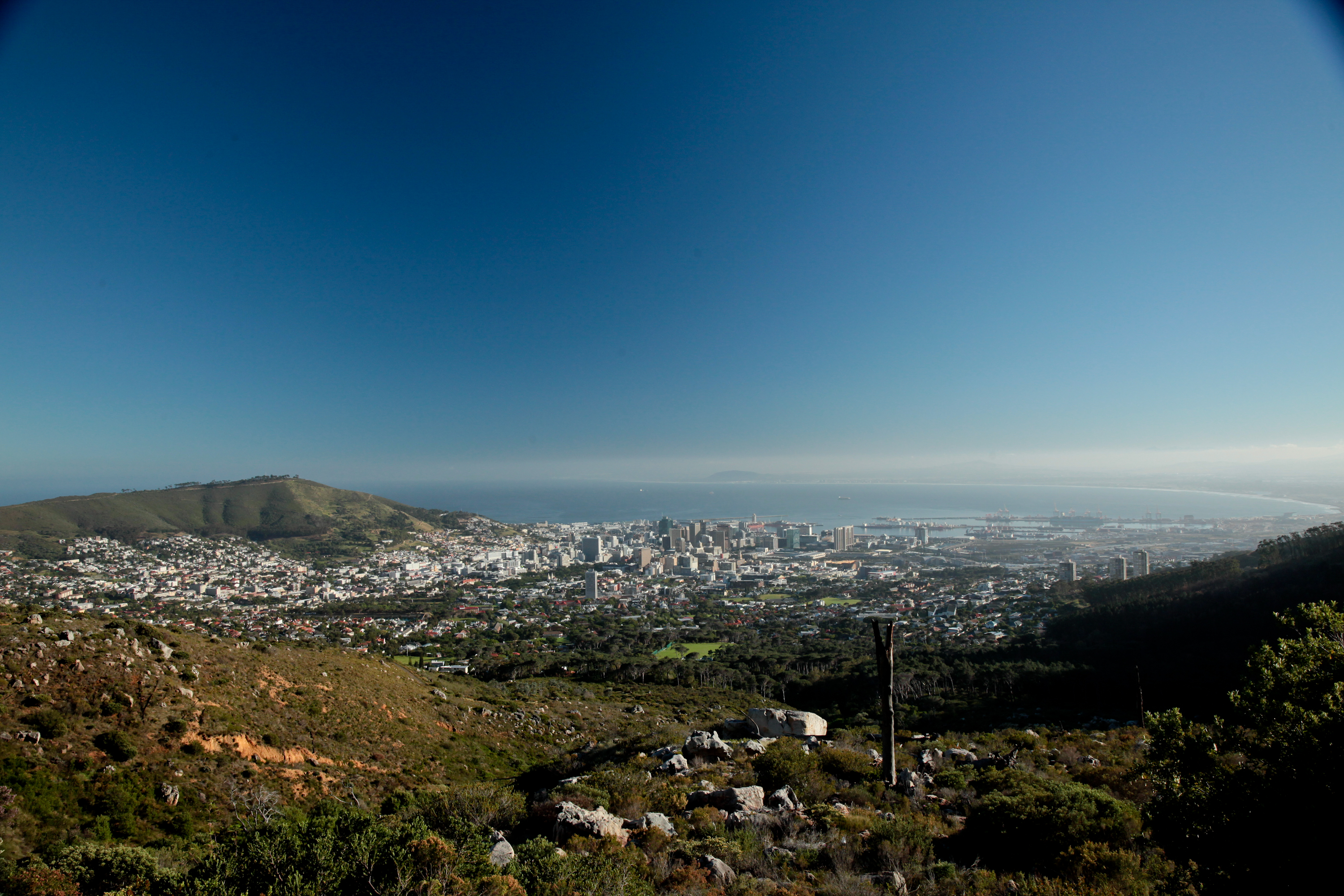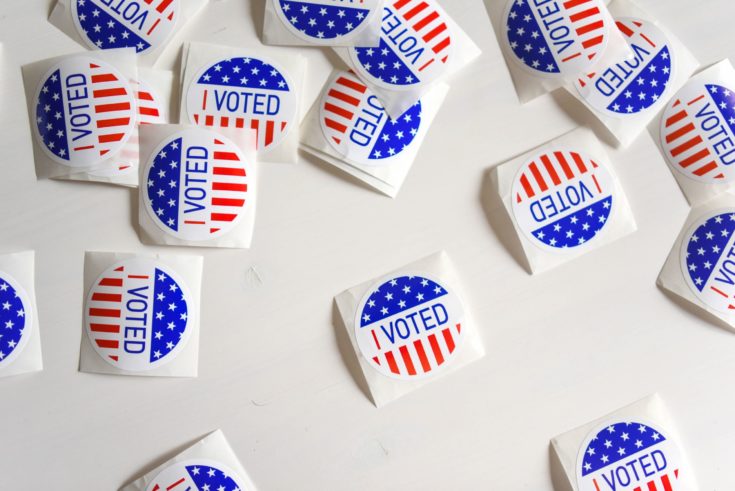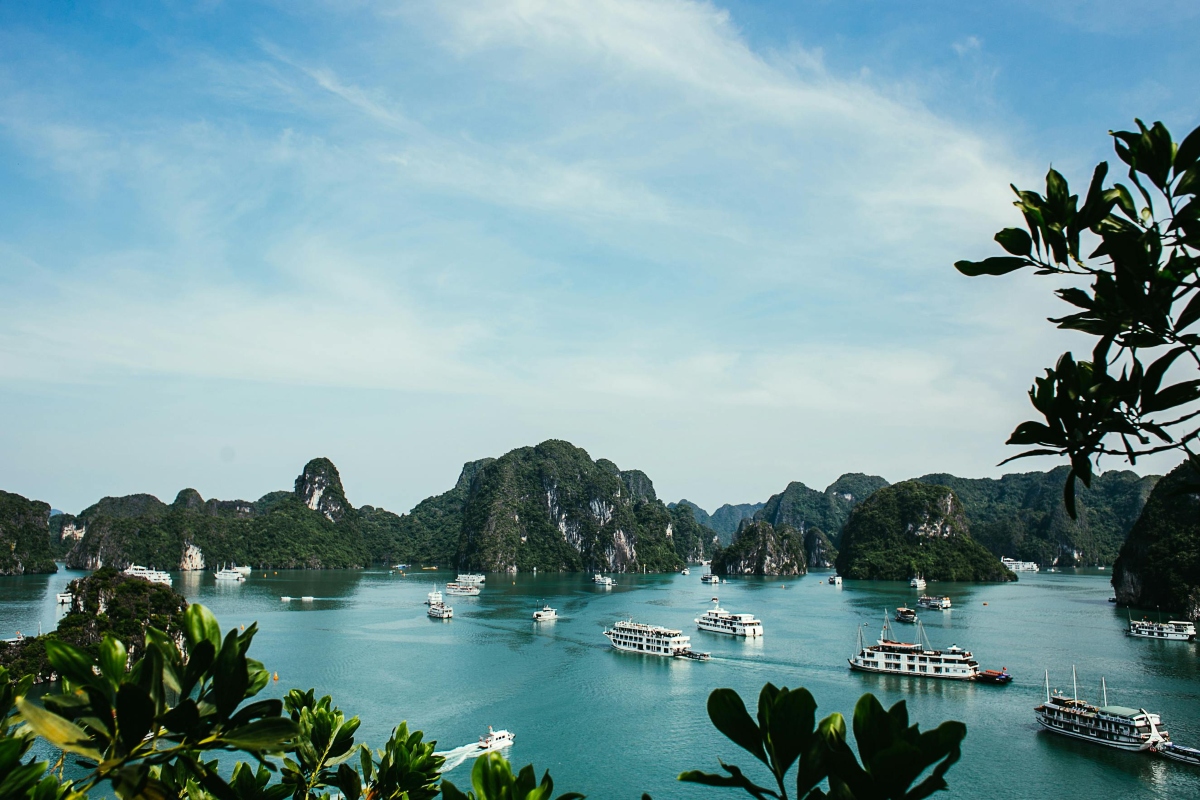The beautiful Cape Town coastal setting has made it a popular destination for travelers from all over the world, but the city is currently dealing with a drought that has hit critical levels.
Unseasonably dry winters have caused the dams in South Africa to become dangerously low, resulting in the dams hovering around 33% capacity as of mid-December according to South African officials. Once the dams drop below 13.5% capacity, a date that many feel is dangerously close, taps in South Africa will be turned off. The projected date for “Day Zero” is projected to be April 29, 2018 based on current water consumption behavior and anticipated rainfall. Once taps are turned off, residents will have to have to go to one of 200 checkpoints to receive daily water rations.
RELATED: What It’s Like To Be A Black American In Nairobi, Kenya
Residents are currently allotted 23 gallons of water per person each day as the city tries to find alternatives via recycling and boreholes. Cape Town residents are asked to keep showers to two minutes, use hand sanitizer instead of water, refrain from watering lawns and to avoid flushing toilets on a regular basis.
As the city aims to limit household water consumption, officials still encourage tourism, especially since it accounts for 9.4% of the country’s GDP. Nearly two million people visit Cape Town every year, and the city is hoping to spread the word about the water crisis to encourage travelers to be responsible travelers. Visitors don’t have a major impact on the city’s water consumption, but Cape Town’s travel industry has made a point to inform visitors of the crisis with many hotels installing water-saving shower heads, eliminating daily linen changes, offering timers to help guests remember to take short showers.
Cape Town has begun a “Save Like a Local” campaign where travelers are encouraged to help the city during the crisis by:
Choose to stay in accommodation that has water-saving measures in place. Ask about this when you book.
Re-use your towels instead of asking for a new one daily.
Try to flush the toilet as little as possible. Each flush uses between 6 and 14 litres, depending on the kind of toilet.
Use a cup to rinse your mouth when you brush your teeth rather than letting the taps run.
Limit your showers to 2 minutes, and avoid bathing.
Report leaking taps and toilets as soon as you notice them.
Avoid washing clothes until you have a full load’s worth of laundry.
Take a dip in the ocean instead of swimming pools, and maybe even spare yourself a shower.
If possible, use a dishwasher to clean dishes. just make sure you only run it when it is full.
Use this calculator to make sure you’re helping to save water.
Find out more about how to help Cape Town during your visit here.





